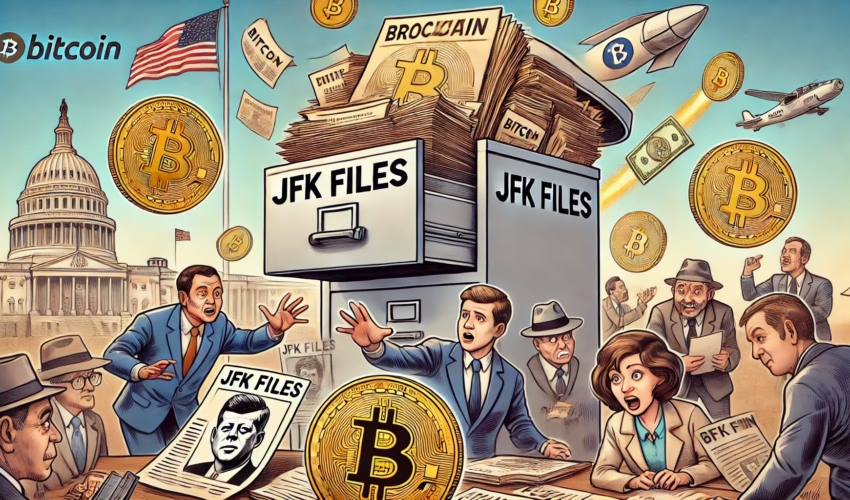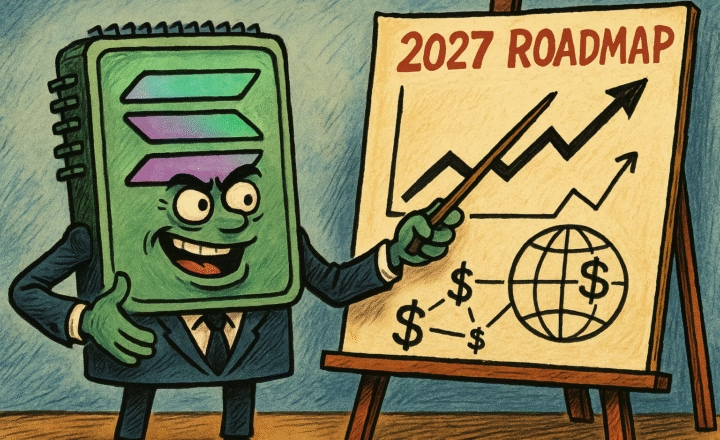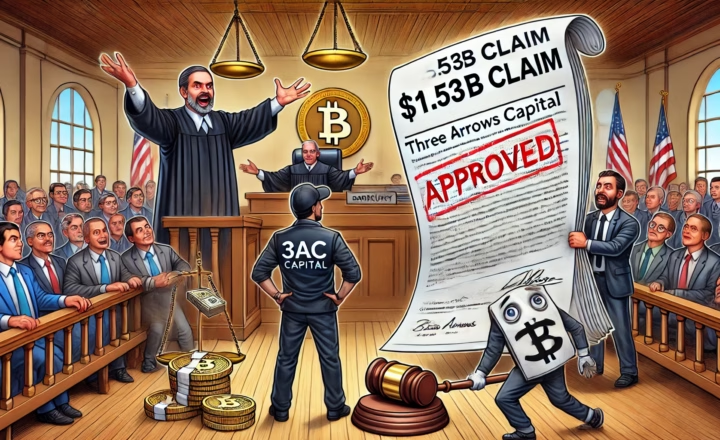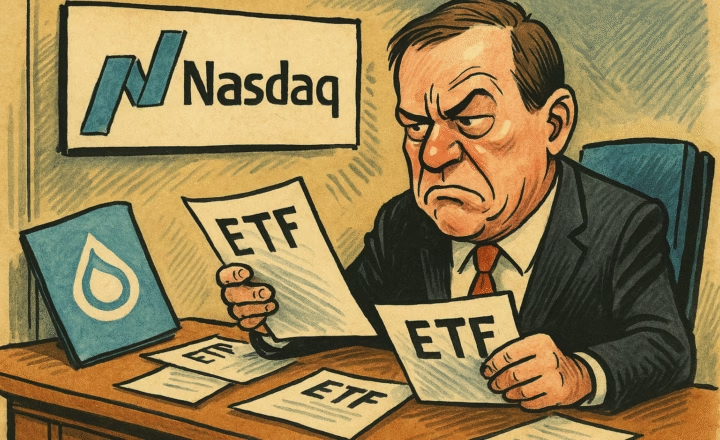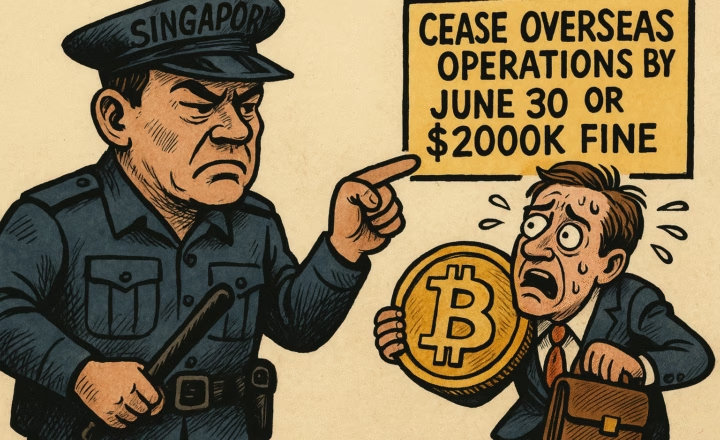Overview of the JFK Files Release
On March 18, 2025, the U.S. National Archives, under the directive of President Trump, declassified all remaining records related to the assassination of President John F. Kennedy (JFK). This directive was based on Executive Order 14176, issued on January 23, 2025, which mandated the immediate release of assassination records not only concerning JFK but also Robert F. Kennedy and Martin Luther King Jr.
The released files consist of 1,123 PDF documents, including typewritten reports and handwritten notes. These documents are accessible online via the National Archives official website, and physical copies can be viewed at the National Archives in College Park, Maryland.
| Information | Details |
|---|---|
| Release Date | March 18, 2025 |
| Number of Documents | 1,123 (PDF format, mostly under 10 pages each) |
| Access Methods | Online (National Archives), Physical Viewing (College Park, Maryland) |
| Additional Notes | Some documents are difficult to read, duplicated, or heavily redacted |
Background and Legal Basis for the Release
The release of the JFK files follows the 1992 John F. Kennedy Assassination Records Collection Act, which required the government to collect all assassination-related records and release them within 25 years. While 99% of the 320,000 records had already been made public, some were still classified.
In 2025, past rulings (2017, 2018, 2021, 2022, 2023) allowing certain files to remain classified were deemed against public interest, leading to their full disclosure.
| Aspect | Details |
| Policy & Objective | Ensure transparency, immediate release of assassination records older than 50 years |
| Legal Basis | 1992 Act (44 U.S.C. 2107 note, section 5(g)(2)(D)) |
| Previous Actions | Multiple reviews and partial releases since 2017 |
| Current Decision | Retaining classified documents is against public interest; full disclosure required |
Document Characteristics and Expert Evaluations
Many of the released documents have been reported as difficult to read or redundant. According to The New York Times, they are poorly categorized, and some remain heavily redacted.
Expert Opinions
- David J. Garrow: The documents contain little new information about the assassination itself, instead focusing on CIA operations.
- Tim Naftali: Most redacted sections concern CIA sources and methods rather than the details of the assassination.
- Jefferson Morley (ABC News): The files shed new light on the CIA’s distrust of JFK, plans to assassinate Castro, and Lee Harvey Oswald’s activities.
However, Morley also pointed out that two-thirds of the promised files, IRS records, and 2,400 newly discovered FBI files are still missing, raising concerns about true transparency.
Connection to Cryptocurrency
The release of the JFK files has heightened public interest in government transparency, a principle closely related to cryptocurrency, particularly Bitcoin’s decentralized transparency.
- Blockchain technology could be a tool for governments to ensure greater transparency.
- The balance between financial freedom and surveillance remains a central issue in crypto regulation.
For example, CoinGeek reported that Dr. Craig Wright stated, “Bitcoin is not anonymous and is designed to enable private transactions outside central banking while still allowing necessary oversight.” This aligns with the government’s goal of increasing transparency while maintaining oversight.
At the same time, governments are taking steps to enhance cryptocurrency regulation transparency:
- FDIC released documents on crypto oversight, emphasizing financial system transparency.
- FinCEN proposed regulations to improve transparency in crypto mixing services.
- The U.S. Secret Service launched a digital asset security initiative to counter illicit activities.
These developments highlight a crucial intersection between government transparency and cryptocurrency regulation.
Impact of the Release and Future Outlook
While the release is a significant step for historians and conspiracy theorists, it does not immediately alter the fundamental facts of JFK’s assassination.
However, with new insights into CIA operations and Cold War intelligence activities, further research is necessary. As more analysis is conducted, additional historical facts may emerge.
In the cryptocurrency space, the JFK files’ release could further discussions on government transparency and how blockchain technology can enhance financial accountability.
With increasing regulatory oversight on digital assets, the future of financial policy and digital asset positioning remains a crucial topic.
Ultimately, the JFK files’ release strengthens historical transparency while also shedding light on the balance between governmental oversight and financial privacy—a debate that resonates deeply within the cryptocurrency industry.

